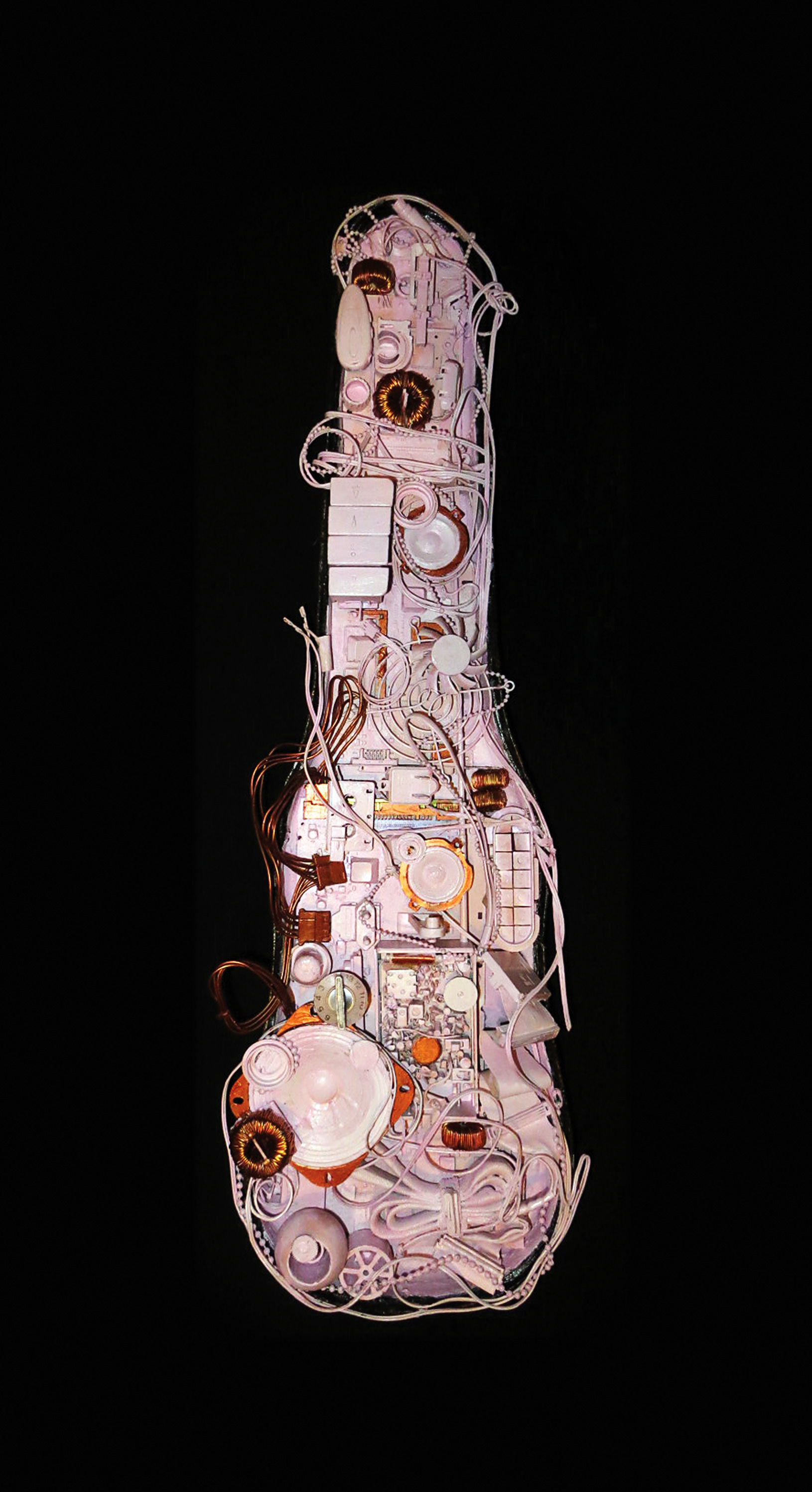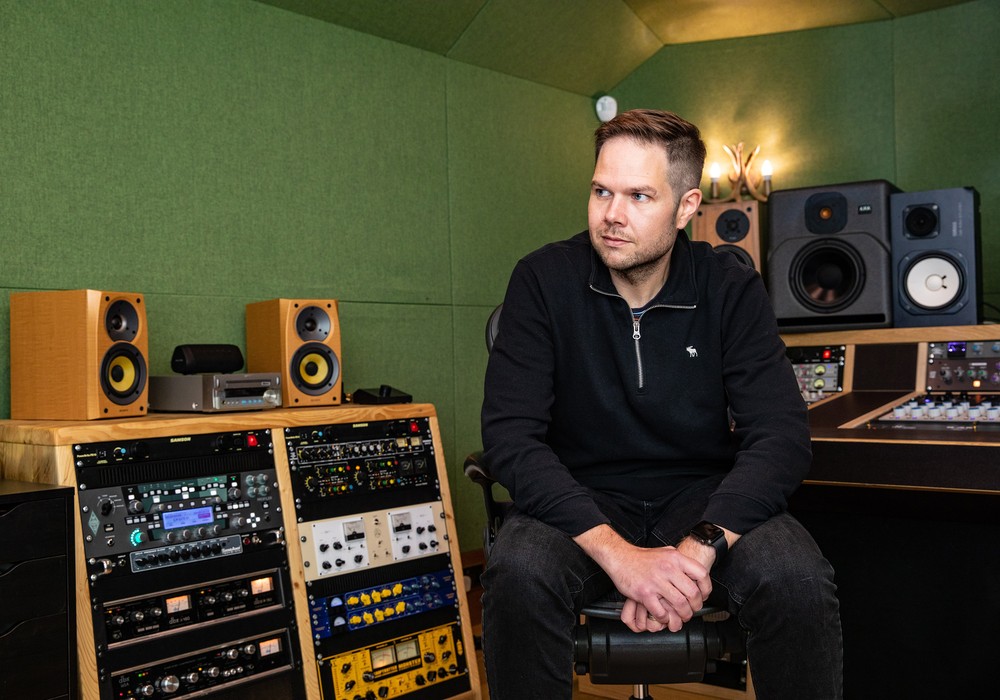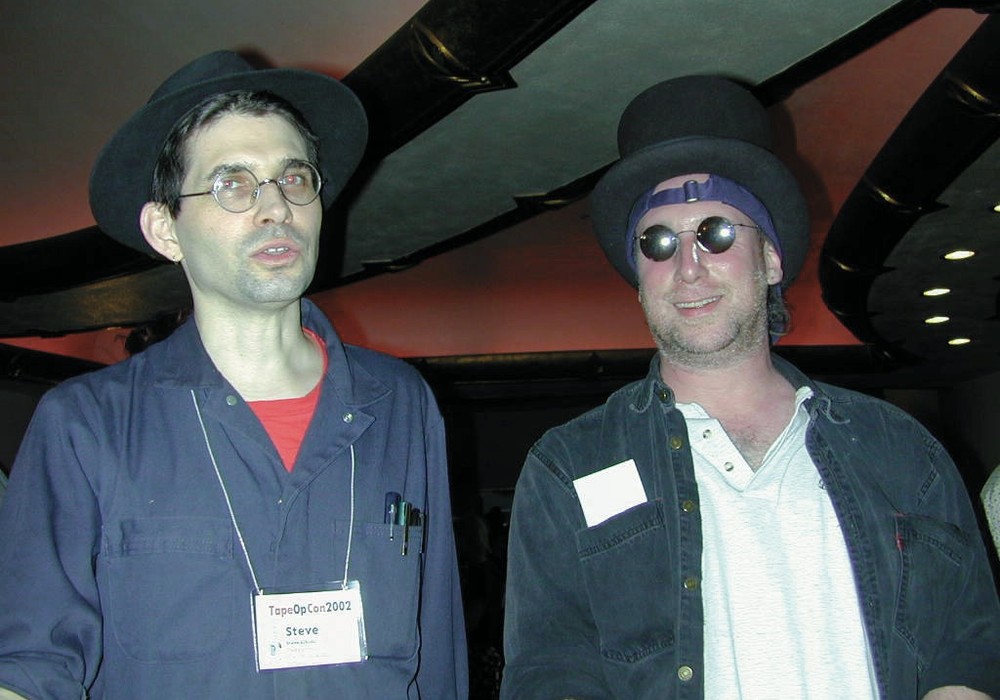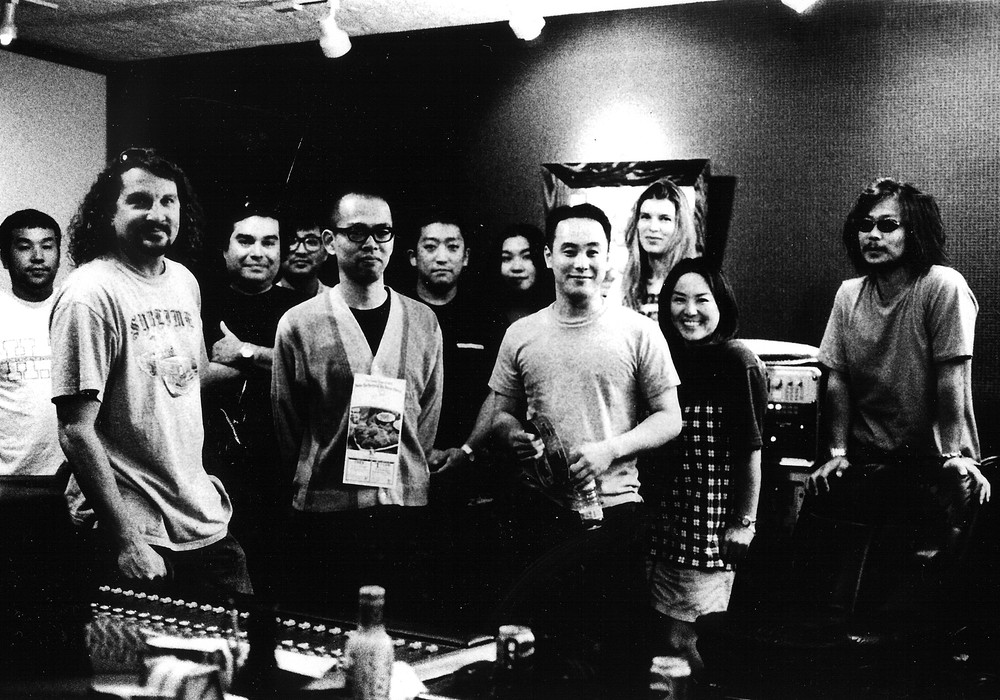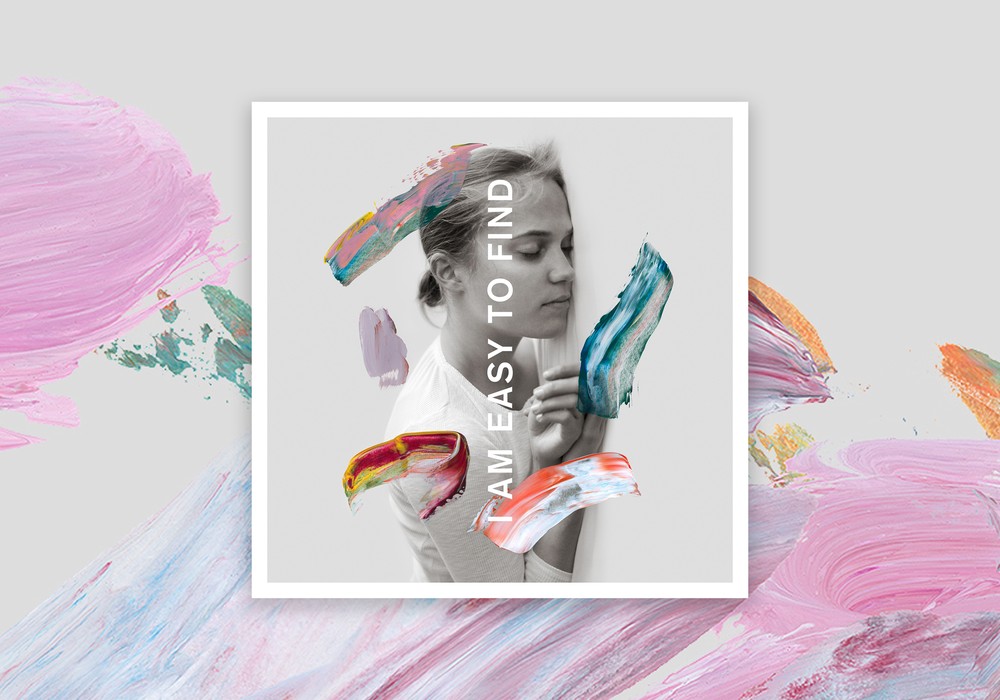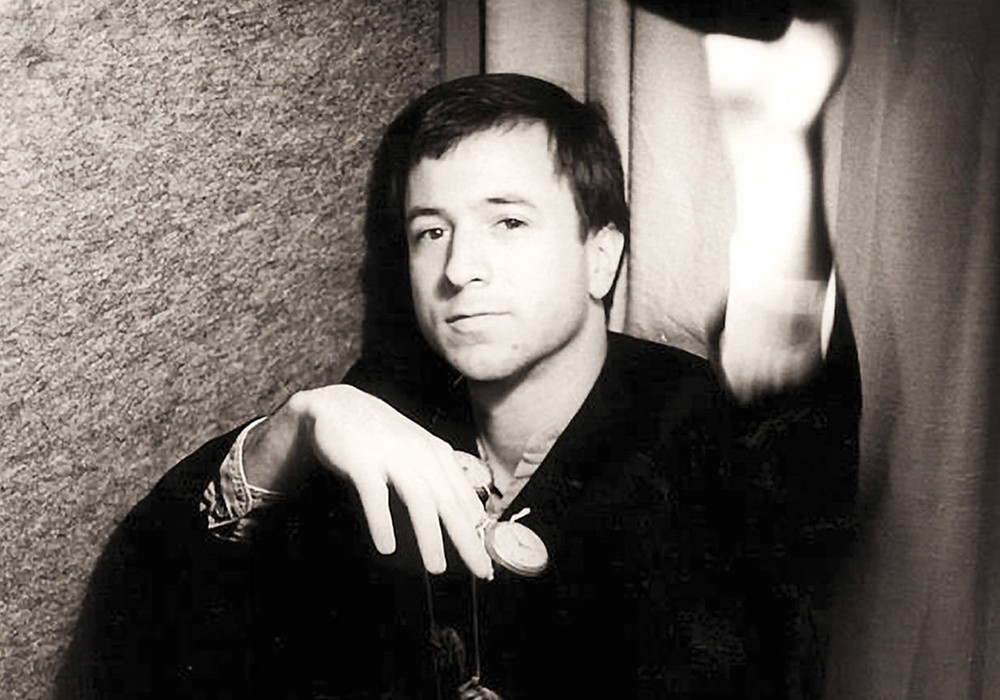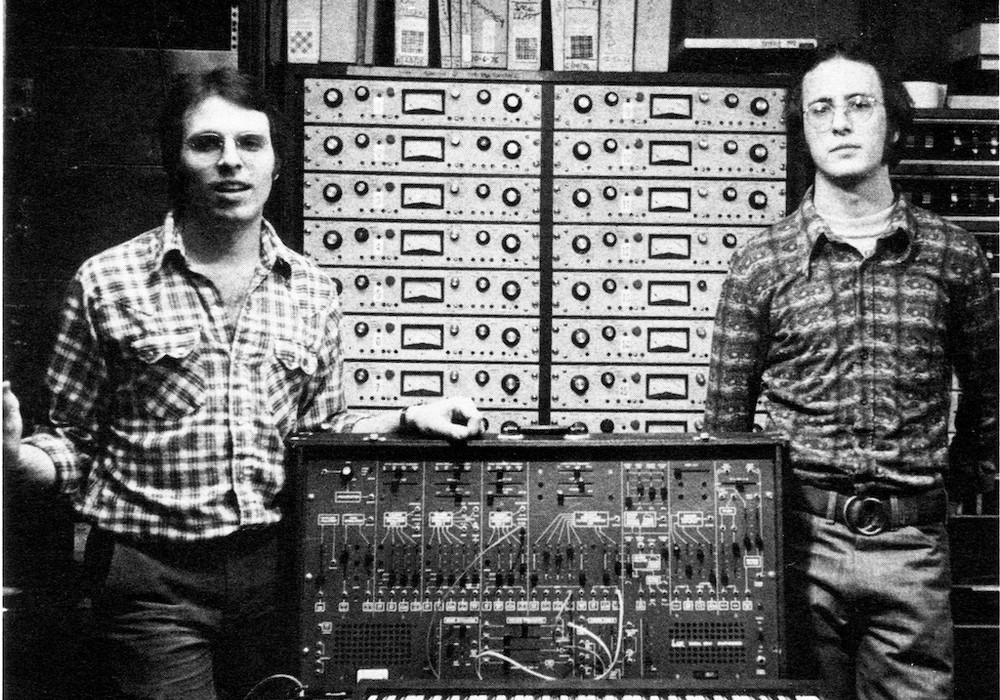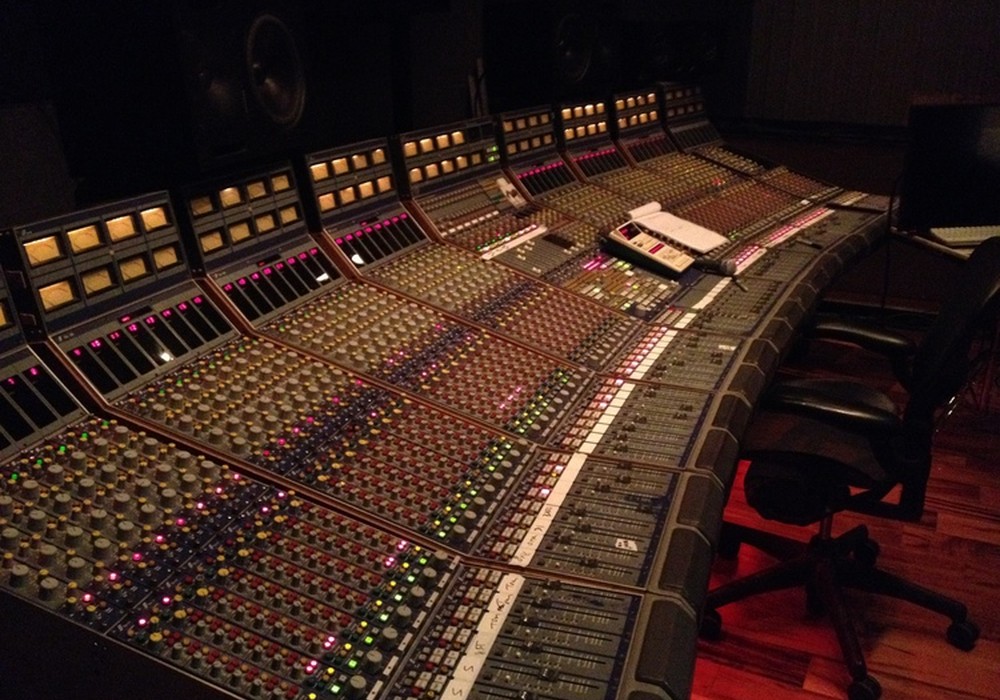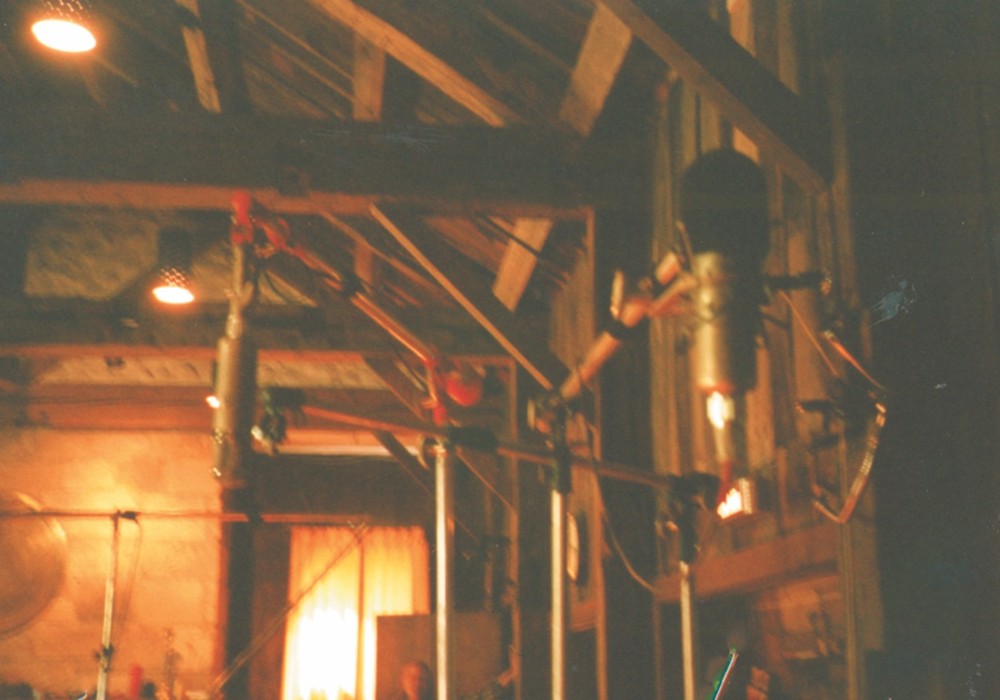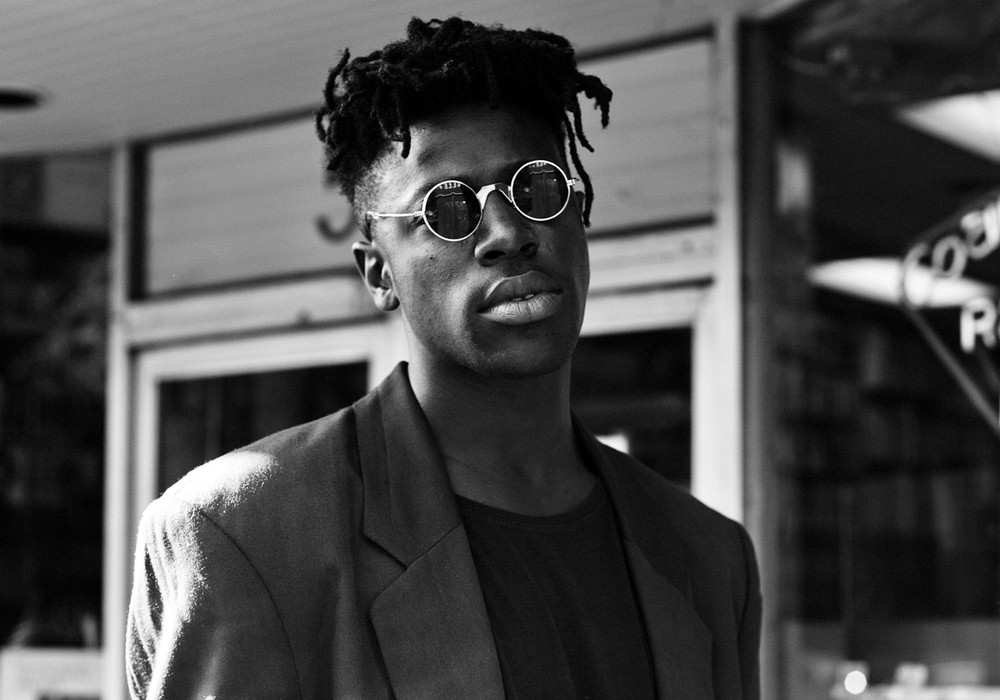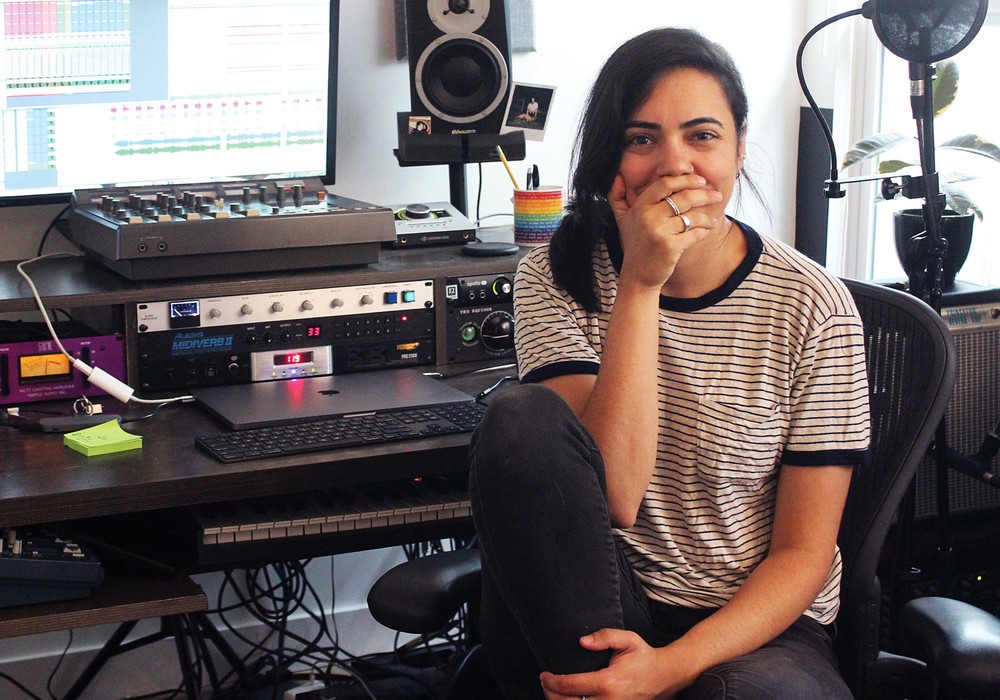Engineer and mixer Geoff Swan has gone from university student, to studio owner, to producer Mike “Spike” Stent’s assistant, back to studio owner, and is now a go-to engineer and mixer for some of today’s most exciting artists and producers. He has had a hand in the music of Ed Sheeran, Cardi B, Mahalia, Jónsi [Tape Op #41], 5 Seconds of Summer, Paul McCartney, The Weeknd, One Direction, Vance Joy, Liam Gallagher, Duran Duran, Charli XCX, and many others.
What were your early dips into recording, and what got you interested in wanting to pursue it as a career?
When I was a teenager I was playing in bands and trying to be a guitarist. I was convinced that that was what I was going to do, but I didn’t have any plans. When I finished school, my folks were keen for me to go to university. They were unsure about me trying to pursue a career in music. I ended up doing a degree in music technology. It was a Bachelor of Science degree, so it was very technical-based. I came home after my second year and realized I needed to get some hands-on experience in the studio. I started knocking on doors, and I had a lot of doors shut in my face. There are always more people looking for work experience than there are opportunities available. I happened across this rehearsal space that I used to rehearse in with my bands when I was a teenager. It was this incredible project called Base Connection. When we were kids, you could go in and rehearse in there for one pound a night. There’d always been a recording studio of some description in there. I called up Pete Abbott, the guy running it at the time, and asked him if I could potentially get some work experience. He said, “No, there isn’t work experience available.” Fortunately, because I knew the guys who ran the center from earlier years when I played in bands, they said to him, “Hey, you should meet Geoff. He’s all right.” Pete and I developed this friendship; we’re still friends to this day. He would let me come in and sit in on sessions with him over the summer. He had this parallel career going at the time, where he was doing monitors for a band, and they were going off on tour in September when I was going back to university. He said, “I’m probably going to have to close up the studio whilst I’m on tour.” I jumped in and said, “How about letting me run the studio for you?” He was pretty unsure about it at first, but he let me run the studio. That was fantastic. I managed to finish my degree via distance [learning] while doing this. It also meant that I was doing what I was really going to university to do. I could bring in bands from outside of the youth music project, but there were all these young bands that had rehearsed there that had never been in a studio before or, if they had, it was a very limited experience. I was able to learn with them. There wasn’t necessarily the pressures or expectations that you had working in a commercial studio and having paying clients come in, expecting you to get incredible results. I was learning on the job.
Was the studio fairly well-equipped, or were there pretty limited resources in terms of gear?
This was mid-2000s. At that time a lot of the studio’s around us, operating commercially, were still tape-based and had been run for years by people who didn’t necessarily have any interest in changing from that. Pete – being a younger guy and familiar with the technology – had an [Apple] Mac G4 with a [Digidesign] Digi 002 and old Alesis ADATs hooked up to that. We were able to record 16 channels at a time. We had a Soundtracs desk and a couple of small bits of outboard, like some Behringer and TL Audio compressors. It was basic, but it was functional. Once I got confident with the gear and the routing, what was brilliant about it – and very appealing to the bands in the local area – was the fact that they could use gear that, at the time, was relatively advanced. They’d come in, lay tracks down, edit, and achieve a quality in a quicker amount of time than they could previously. That gave me a niche in the local area.
Do you hear anything now that you enjoy in your early work?
The control room was a small room – it sounded terrible. But the...
